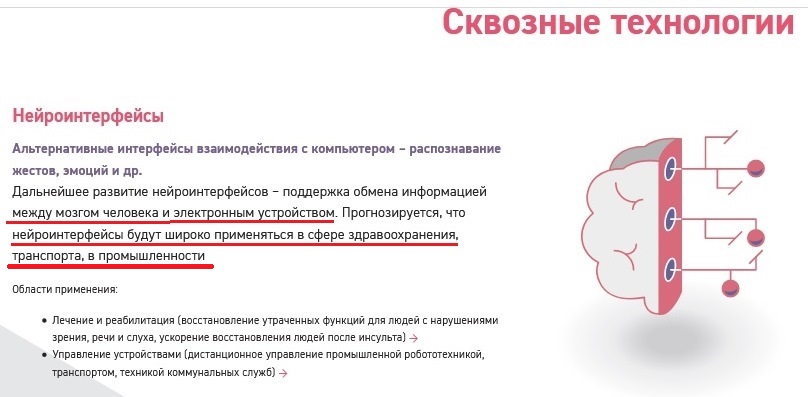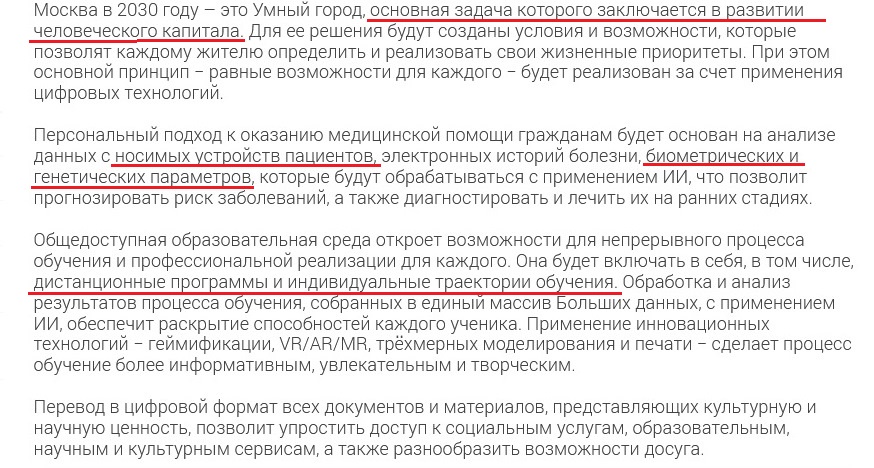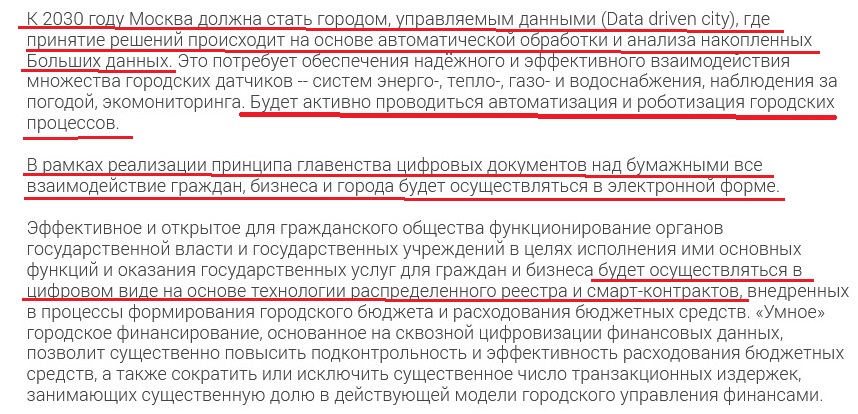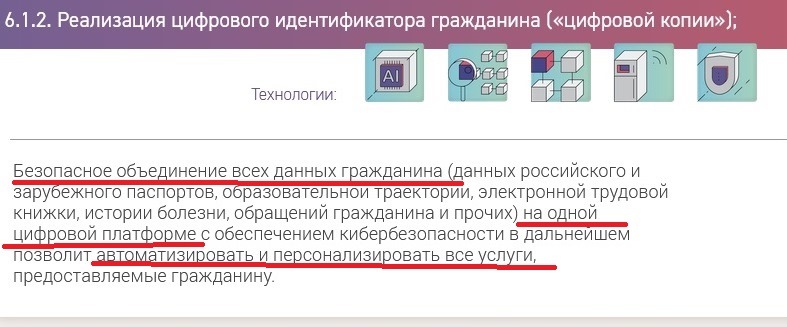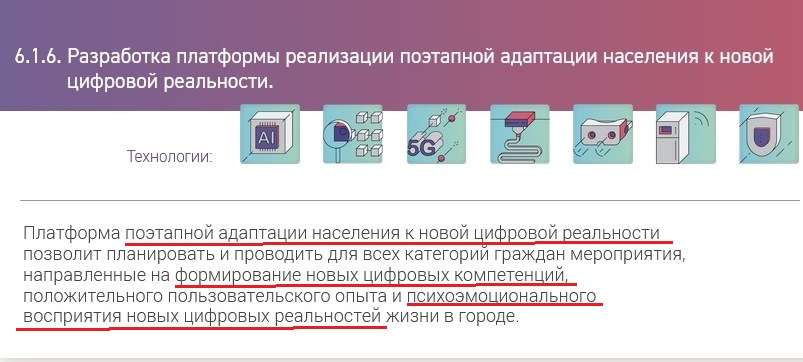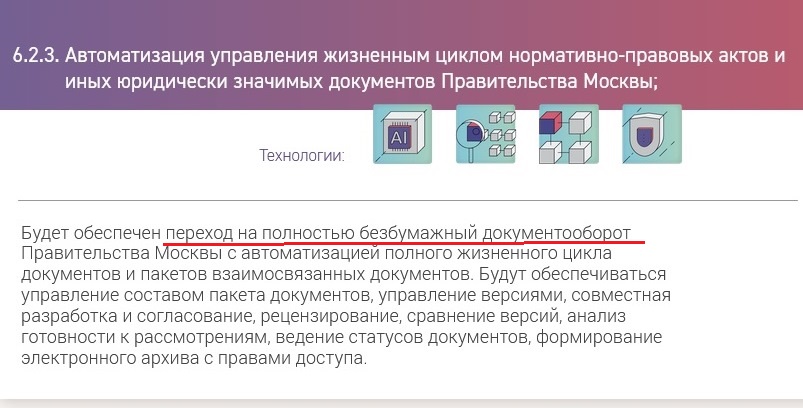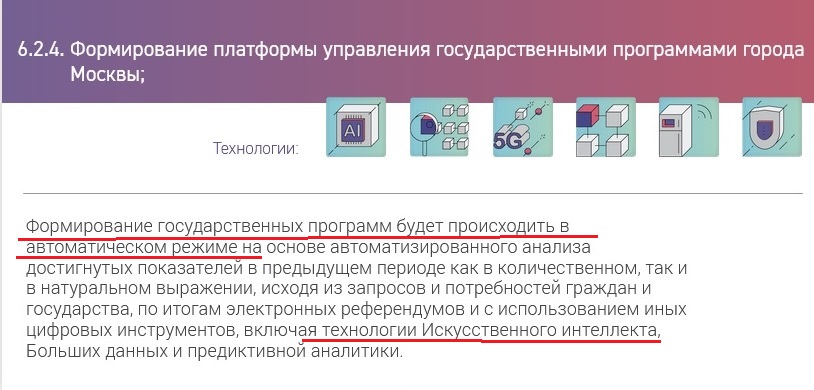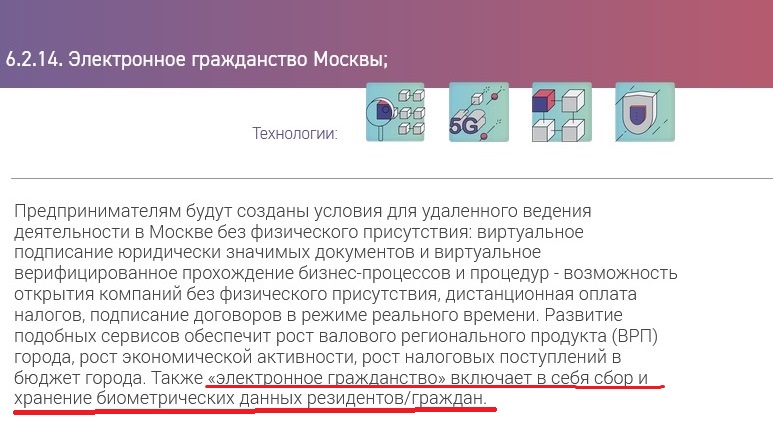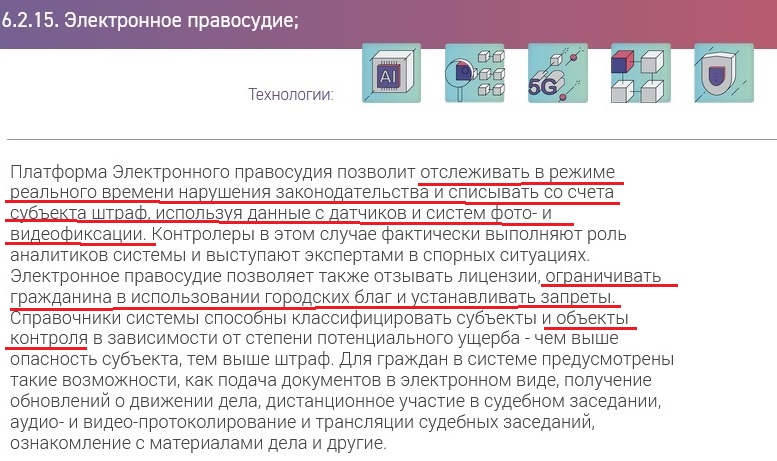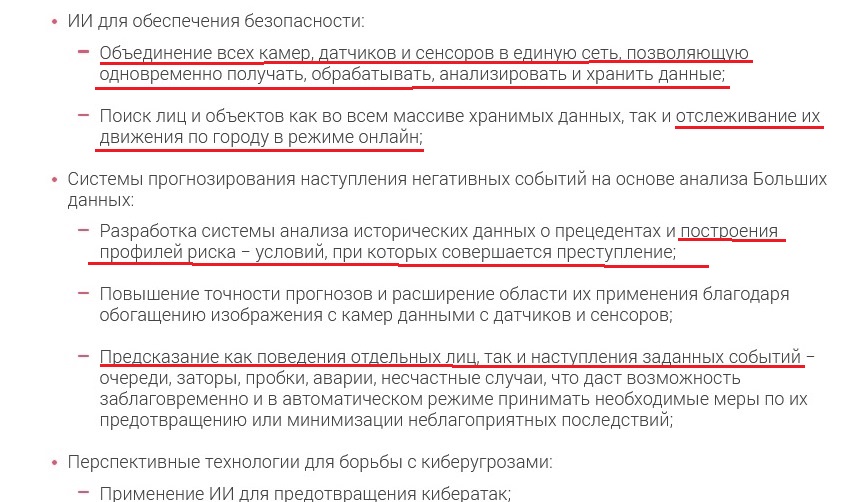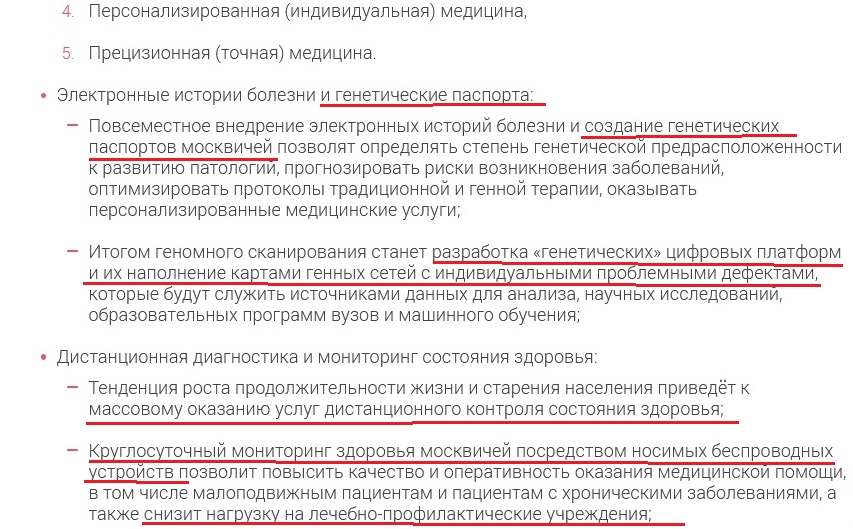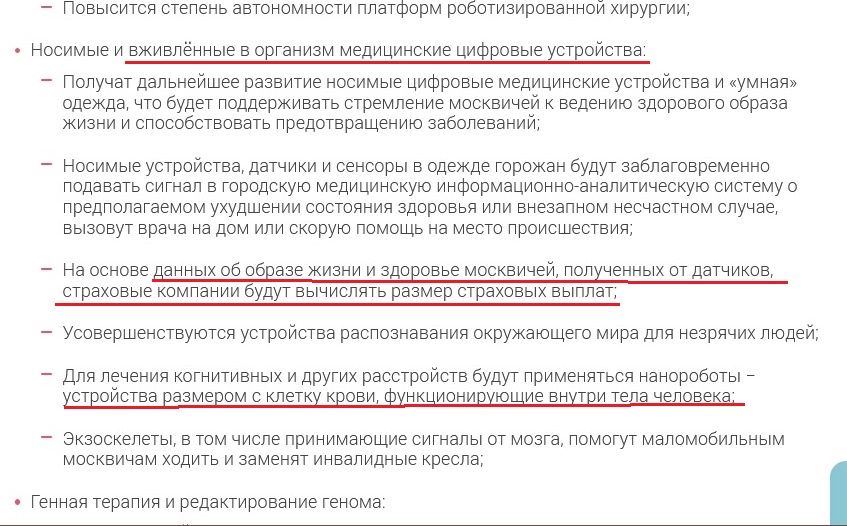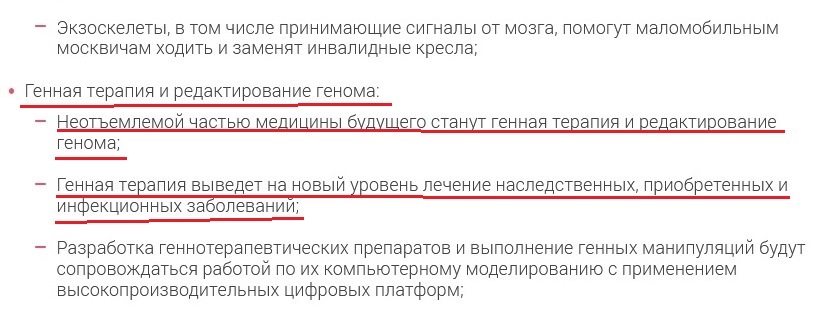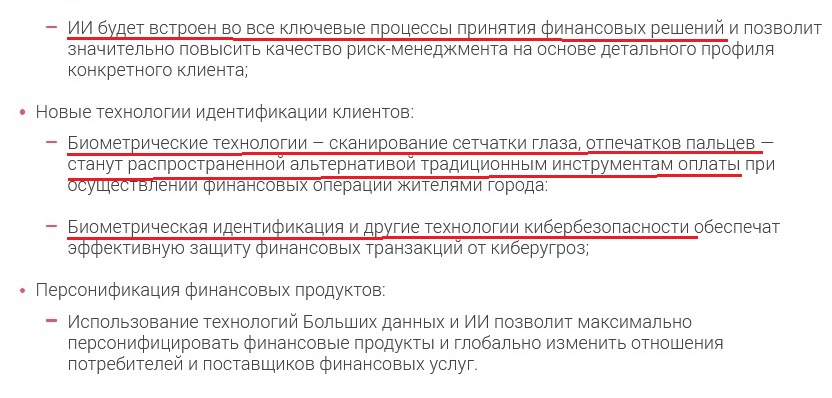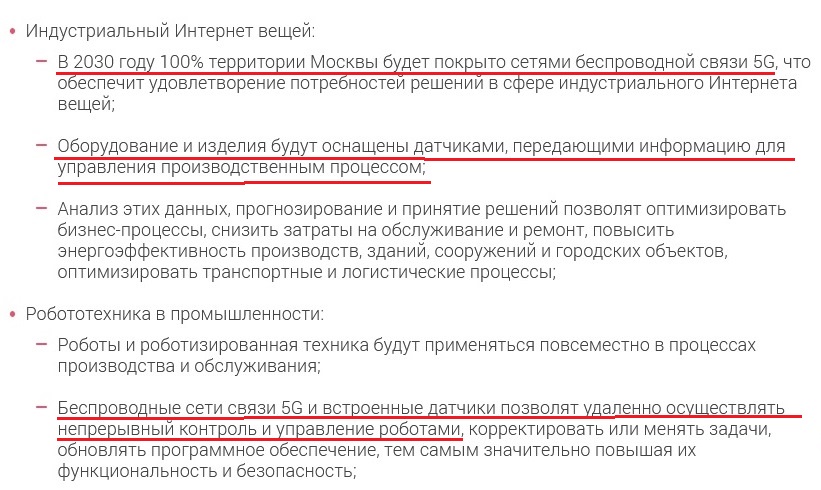Digitalization is increasingly penetrating into the spheres of life around us, education is no exception. The federal project "Digital Educational Environment" (DSP) is being implemented in Russia. As reported on the website of the Ministry of Education of Russia: "The federal project "Digital Educational Environment" is aimed at creating and implementing a digital educational environment in educational institutions, as well as ensuring the implementation of the digital transformation of the education system.
Within the framework of the project, work is underway to equip organizations with modern equipment and develop digital services and content for educational activities."
Within the framework of the DSP, state information systems (GIS) are used -the federal GIS "My School" and the digital service "My College", the information and communication educational platform "Spherum", electronic services such as an electronic diary and journal are also used.

ru.wikipedia.org
In turn, the introduction of automated technologies for the processing and transfer of personal data increases the risk of vulnerability of the child's private life and creates threats of illegal trafficking of personal data of minors.
Full name, gender, age, place of residence and education — all this information is very valuable for those companies and individuals who are engaged in various research and advertising: marketing, promotion of goods and services, consumer search, demand generation, etc. Far from being an exception and the commission of various kinds of fraudulent actions, recruitment to religious and extremist organizations, as well as the use of data by various structures aimed at harming the life and health of children: death groups, donation, etc. Do parents and other persons who provide their personal data and the personal data of their children to everyone "at random" think about this? I am sure that most do not even think, in vain...
Since the beginning of 2022, about 60 major leaks of personal data of residents of the country have occurred in Russia, Roskomnadzor reported. The regulator told TASS about these incidents and their consequences. As a result of leaks in the network, more than 230 million records with personal information of Russians were published, Roskomnadzor indicated. "Not only personal data such as last name, address and phone number have been compromised, but also medical data, data on behavioral characteristics, consumer preferences of people," the regulator said. In Russia, the number of personal data leaks has increased 40 times.
В открытом доступе появляются телефоны, адреса россиян, личная переписка. Хакеры активизировались на фоне геополитической нестабильности. В отношении РФ западные структуры развязали полноценную кибервойну.

argumenti.ru
According to the results of last year, the number of leaks of personal data of citizens of the Russian Federation increased 40 times compared to 2021. Phones, addresses of Russians, personal correspondence appear in the public domain.
A separate topic is the image of a person, it also refers to his personal data, so the use of photos of all citizens (including children) is regulated by law. Here in detail about photos and videos, when it is possible, and when it is impossible.
Видеозапись может не только освежить память о каких-то ярких моментах в нашей жизни, будь то отпуск в солнечных и живописных местах или посещение концерта, но может помочь защитить вас в отстаивании своих прав (ст. ст. 12, 14 ГК РФ, ч. 2 ст. 64 АПК РФ), при их нарушении или при ложном обвинении.

argumenti.ru
If a photo of a child was published on the Internet in violation of the law, without the consent of the parents, then they have the right to file a complaint with the prosecutor's office, and if the publication of photos caused moral suffering to the child (or his representatives), the parents can apply to the court with a claim for compensation for moral harm. They will be obliged to carry out inspections and take measures of the prosecutor's response. In certain cases, administrative liability under Article 13.11 of the Administrative Code of the Russian Federation or criminal liability under Article 137 of the Criminal Code of the Russian Federation is provided for illegal publication of photos of children on the Internet without parental consent.

samadm.ru
In accordance with Article 3 of Federal Law No. 152 "On Personal Data", personal data is any information related to a certain or determined on the basis of such information to an individual (subject of personal data).
Article 9 of the law presupposes the consent of a citizen to the processing of his personal data. Children are minor citizens, therefore, in accordance with part 1 of Article 64 of the "Family Code of the Russian Federation", their rights are protected by parents and legal representatives. By giving consent, parents confirm that such processing is legal and does not violate the rights of their children. Parents have the right to revoke their previously given consent to the processing of personal data at any time and after revoking consent, they must be deleted. Parents must express their consent to work with the personal information of a minor child in writing with a mandatory handwritten signature.
It would seem that everything is so clear and unambiguous - there is no consent for the processing of the child's personal data, so they will not be processed in an educational institution! But as if not so…
Digitalization in Russian education.
According to Rossiyskaya Gazeta (the official press organ of the Government of the Russian Federation): "Since the beginning of this year, all schools and colleges in Russia should use only state information systems (GIS). For this purpose, the federal GIS "My School" and the digital service "My College" were developed. The domestic sphere of education is increasingly using information technologies to improve the effectiveness of training and the level of knowledge.
Since 2019, the federal project "Digital Educational Environment" (DSP) has been implemented in our country. Among its tasks are equipping educational institutions with modern equipment, developing digital services and educational materials that help students gain the necessary knowledge.
The creation of the state information system "My School" became part of the "DSP" project. Since the beginning of this academic year, it has been implemented in a pilot mode in 15 regions of the country. And from January 1, 2023, all schools in Russia began to connect to it. Today, users of the FGIS "My School" have access to personal accounts, a library of verified educational content, a testing subsystem, cloud storage, document editing and other services. The electronic library contains more than 6.5 thousand educational materials. It is planned that by 2024, materials for each lesson for all subjects of the school curriculum from 1st to 11th grade will be presented here.
FGIS "My School" should also incorporate existing digital solutions. For example, the information and communication educational platform "Spherum". It allows teachers and students to communicate, including from different regions, and dads and moms can use it to attend parent-teacher meetings online if they cannot attend in person. Spherum was launched in March 2021, and by mid-February 2023, the total number of its users reached 6.9 million people - 6.14 million schoolchildren and 0.76 million teachers. 44.3 thousand educational organizations have joined the platform. It is planned to integrate the achievements of the Moscow Electronic School (MES) into the My School platform, for example, an electronic diary and a magazine.
Starting this year, the "My College" service, intended for students and teachers of secondary specialized educational institutions, should be launched in Russia. "The digital service "My College" is formed on the basis of the FGIS "My School" created by the Ministry of Digital Development of the Russian Federation. It will be built in the full logic of this platform," Natalia Zolotareva, head of the Institute for the Development of Vocational Education, told RG.
Legislation.
Back in 2020, the Government of the Russian Federation approved a Nationwide Action Plan to ensure the restoration of employment and income of the population, economic growth and long-term structural changes in the economy (approved at a meeting of the Government of the Russian Federation on September 23, 2020 (Protocol No. 36, Section VII) N P13-60855 of October 2, 2020)
In the section "Accelerating the technological development of the economy and increasing labor productivity, including on the basis of digitalization", you can see paragraph 16. "The state as a digital platform": the transition to proactive and comprehensive provision of public services in digital form without the need for face-to-face visits to public authorities and MFC based on platform cloud solutions, the introduction of electronic registers of issued permits and licenses, the creation of a unified system of online identification of citizens and ensuring the legal significance of their actions in digital channels of interaction.
There is also an Order of the Ministry of Finance of Russia dated 18.11.2020 N 600 "On approval of methods for calculating targets of the national development goal of the Russian Federation "Digital Transformation"
The methodology is designed to calculate the indicator "Achievement of digital maturity in key sectors of the economy and social sphere, including healthcare and education, as well as public administration" by 2030, 100% of students have a digital profile.
Even more interesting is the Order of the Department of Education and Science of Moscow dated April 15, 2021 N 87r "On the management of personal files of students in electronic form"
2. Heads of educational organizations subordinate to the Department:
- when conducting document management in terms of accounting for the contingent of an educational organization, be guided by the regulations and ensure the transition to maintaining personal files in exclusively electronic form with respect to students enrolled in educational organizations for the 2021/2022 academic year and later. The Order contains a Provision, in paragraph 1.2 it is reported: "The student's personal file is kept exclusively in electronic form in the AIS subsystem "Enrollment in the OU" of the Integrated Information System "Public services in the field of education in electronic form".
1.4.1. In the AIS subsystem "Enrollment in OU": data about the student, data about the parents (legal representatives) of the student, documents submitted by parents (legal representatives) to the educational organization when registering an application for enrollment using the automated information system "Official portal of the Mayor and Government of Moscow"
2.2. The ELD contains the following list of fields:
2.2.1. Data about students:
2.2.1.1. The "Student's full name" block:
- Last name;
- Name;
- Patronymic
2.2.1.2. Block "Identity documents: Number (temporary identity card); Date of issue (temporary identity card); Issued by whom (temporary identity card); Passport; Series (passport); Number (passport); Date of issue (passport); Issued by whom (passport); Birth certificate (Further-SOR); Series (SOR); Number (SOR); Date of issue (SOR); By whom issued (SOR);
2.2.1.3. Block "Other documents": TIN number (optional field); Date of issue of TIN (optional field); Series (policy of compulsory medical insurance); Number (policy of compulsory medical insurance); Date of issue (policy of compulsory medical insurance); Number (SNILS) (optional field); Date of issue (SNILS) (optional field);Number (social card) (optional field); Date of issue (social card) (optional field);
2.2.1.4. The "Gender" block: male/female;
2.2.1.5. The "Additional information" block: Selection of the health/disability restriction code (when choosing the code, it is possible to choose whether there is a conclusion of the Central Psychological, Medical and Pedagogical Commission of Moscow and an adapted educational program); Date of birth; Citizenship (optional field);
2.2.1.6. The "Contacts" block: Contacts, Email.
2.2.1.7. Block "Address": Address of registration at the place of residence in Moscow; Address of registration at the place of stay in Moscow; Address of actual residence.
22.2. Data on the parents (legal representatives) of the student. It contains the full name, identity documents, SNILS (optional field), contacts.
It is important to note that paragraph 2.3. among other things states: "The student's ELD contains the following documents:... electronic consent to the processing of personal data...". So they still need voluntary consent here, which means they can not give it, it's voluntary.
No less interesting document is the ORDER of August 23, 2021 N 159r "On the procedure for interaction with legal representatives (parents, guardians) when admitting (enrolling) children in preschool groups of educational organizations", the same Department of Education and Science of Moscow. In addition to the list of documents for the child, an impressive list of documents of the parent.
2.4. The legal representative of a child entering an educational organization for the first time, in order to form an electronic personal file of a pupil, attaches scanned copies of the following documents in the personal account on the Portal:
- birth certificates of the child;
- about the registration of the child by the registration authorities at the place of residence or at the place of stay in the city of Moscow;
- a document certifying the identity of the child's legal representative, or a document certifying the identity of a foreign citizen or a stateless person in the Russian Federation in accordance with Article 10 of Federal Law No. 115-FZ of July 25, 2002 "On the Legal Status of foreign Citizens in the Russian Federation";
- orders of the guardianship and guardianship authorities on the establishment of guardianship (guardianship) over the child (for guardians);
- a document confirming the applicant's right to stay in the territory of the Russian Federation (for foreign citizens and stateless persons);
- a document confirming the legality of the representation of the rights of the child (for foreign citizens and stateless persons);
- a document certifying the identity of the child (for foreign citizens and stateless persons).
Further more, on the basis of this document, the parent has an obligation to provide medical information.
4.2. A notification is sent to the legal representative in the personal account on the Portal about the need to issue a child's medical card in the form 026/u-2000 "Child's medical card for educational institutions of preschool, primary general, basic general, secondary (full) general education, institutions of primary and secondary vocational education, orphanages" before the start of the visit to the preschool group and boarding schools" (hereinafter referred to as the medical card).
4.3. When servicing a child in a Children's city polyclinic, the provision of a medical card to an educational organization in paper form is not required, the medical card is available to the educational organization in electronic form.
If the child is served in a medical organization that is not part of the state healthcare system of the city of Moscow, the medical card is provided by the legal representative personally to the educational organization on paper. Upon receipt of a medical card issued by a medical organization that is not part of the state healthcare system of the city of Moscow, the responsible employee transfers it to a medical worker assigned to an educational organization.
Well, how do you like such voluntary consent to the provision of personal data, and even constituting a medical secret? And similar documents from local education departments can be in any city.
But a plan, an order and an order is far from the same as a federal law. There is already a law that prescribes an option when the service is provided only in digital form, and for quite a long time. Federal Law No. 210 "On the organization of the provision of state and municipal services" dated July 27, 2010
Article 4. The basic principles of the provision of state and municipal services are:
6) the possibility of obtaining state and municipal services in electronic form, unless prohibited by law, as well as in other forms provided for by the legislation of the Russian Federation, at the applicant's choice, except if, on the basis of federal law, the provision of state or municipal services is carried out exclusively in electronic form.
In the same Law, Article 7.4. The register model of accounting for the results of the provision of state and municipal services
1. The results of the provision of state and municipal services are taken into account and confirmed by entering information in electronic form into state and municipal information systems by the bodies providing these services.
2. The result of the provision of a state or municipal service shall not be drawn up in the form of a paper document, unless otherwise established by regulatory legal acts regulating the procedure for the provision of such a service.
On the website of the Government of Russia, you can find an explanation of what the "registry model" is. The registry model implies a transition from providing the result of public services in the form of a paper document to an entry in an electronic register. In practice, such a model has already been implemented in federal executive authorities, Rosreestr, and the Federal Migration Service of Russia.
Federal Law No. 298-FZ of July 14, 2022 "On Amendments to the Federal Law "On Education in the Russian Federation""
1) add part 8 to article 28 as follows:
"8. An educational organization has the right to use electronic document management in its activities, which provides for the creation, signing, use and storage of documents related to the activities of an educational organization in electronic form without duplication on paper, unless otherwise established by this Federal Law. The decision on the introduction of electronic document management and the procedure for its implementation are approved by the educational organization in agreement with its founder.";
"6.1. The list of documentation, the preparation of which is carried out by teaching staff in the implementation of basic general education programs, is approved by the federal executive authority responsible for the development and implementation of state policy and regulatory regulation in the field of general education.
Order of the Ministry of Education of the Russian Federation No. 582 dated July 21, 2022 "On approval of the list of documentation, the preparation of which is carried out by teaching staff in the implementation of basic general education programs"

publication.pravo.gov.ru
In accordance with the specified order , such documentation includes: 1. The work program of the academic subject, the training course (including extracurricular activities), the training module; 2. The journal of academic performance; 3. The journal of extracurricular activities (for teaching staff engaged in extracurricular activities); 4. The plan of educational work (for teaching staff performing the functions of classroom management); 5. Characteristics per student (on request).
It is also important to note that in 2020 the law on the federal population Register was adopted, where a large digital dossier is collected for each citizen, including data on his marital status, education, military registration, etc. Regardless of the consent of citizens, all authorities are required to enter personal data there.
Federal Law No. 168-FZ of June 8, 2020 “About the unified federal information register containing information about the population of the Russian Federation”
Article 1. Scope of this Federal Law. This Federal Law establishes the organizational and legal basis for the formation and maintenance of a unified federal information register containing information about the population of the Russian Federation (hereinafter referred to as the federal register of information about the population), including the collection, processing, storage, receipt, use and protection of said information, as well as ensuring the relevance and reliability of other information about the population Of the Russian Federation of State information resources and municipal information resources.
Article 2. Federal Register of Population Data. The Federal Register of Population Information is a set of information about the population of the Russian Federation formed in accordance with this Federal Law on the basis of information about citizens of the Russian Federation, foreign citizens and stateless persons specified in paragraph 2 of Article 6 of this Federal Law, which are contained in the state information systems of state authorities of the Russian Federation, management of state extra-budgetary funds.
Article 7. Information included in the Federal Register of population information
2. The federal register of population data includes:
1) information about an individual: a) surname, first name and patronymic (if any) and in case of their change other surname, first name and patronymic (if any); b) date of birth; c) date of death; d) place of birth; e) place of death; f) gender and in case of its changes to a different gender; g) information about the marital status of an individual, including records of acts on the conclusion and dissolution of marriage; h) citizenship of the Russian Federation and (or) citizenship (citizenship) of a foreign state or foreign states; i) information on whether a citizen of the Russian Federation has a document for the right of permanent residence in a foreign state (if any); k) information on the appeal of a citizen of the Russian Federation to the competent authority of a foreign state on the withdrawal of the said citizen from the citizenship of this state or on the refusal of the document he has for the right of permanent residence in a foreign state (if 2) identifiers: a) birth certificate records; b) death certificate records; c) a document certifying the identity of an individual, including the type, number and other information about such a document; d) documents or marks in identity documents confirming the right of a foreign citizen and a stateless person to stay (reside) in the Russian Federation; e) information about the registration of a citizen of the Russian Federation and migration registration a foreign citizen and a stateless person in the Russian Federation; f) information about the decision taken on issues of citizenship of the Russian Federation; g) information on registration with the tax authority, including as a taxpayer of the professional income tax; h) information on registration of an individual as an individual entrepreneur; i) information on military registration of citizens of the Russian Federation who are required to be on military registration; k) information on registration in the systems of compulsory pension, medical and social insurance; l) information about registration with the employment service bodies; m) a document on education and (or) qualifications, a document on training, including types, numbers and other information about such documents, information on the award, deprivation, restoration of an academic degree, assignment, deprivation, restoration of an academic title; h) an individual's account in the federal state information system "Unified Identification and Authentication System in the Infrastructure providing information and technological interaction of information systems used to provide state and municipal services in electronic form" (hereinafter - the unified identification and authentication system); o) records of the federal register of population information about individuals who are the parents of an individual, the spouse of an individual, the child (children) of an individual.

 t.me
t.me




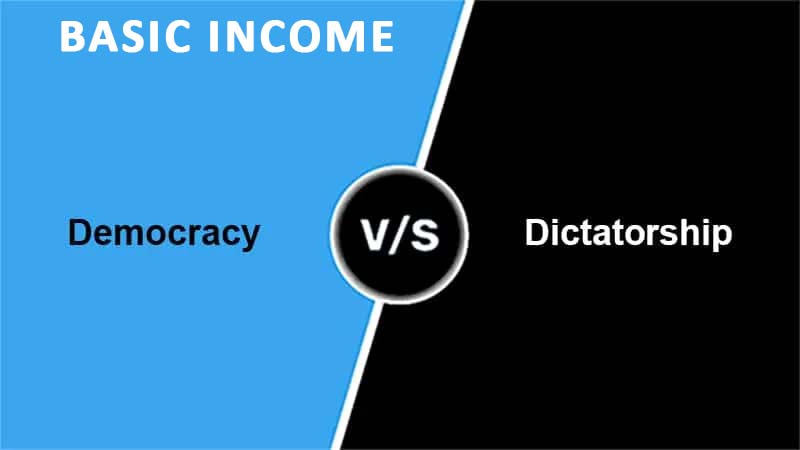






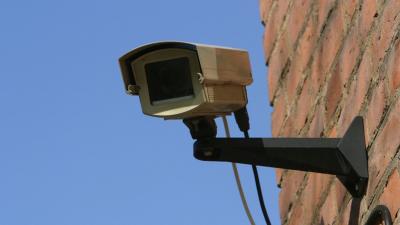



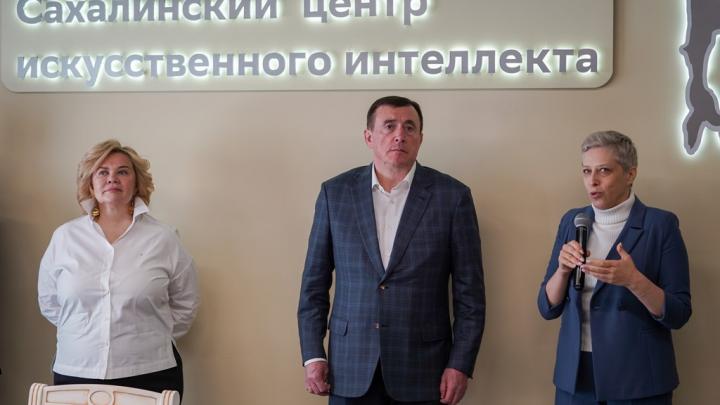
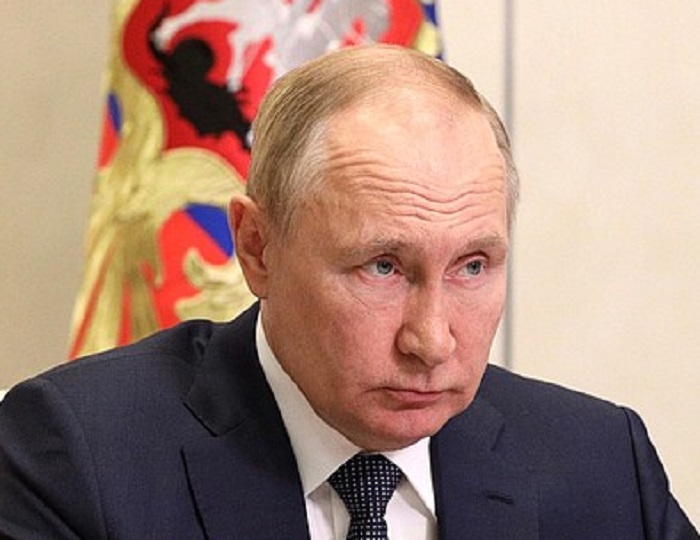











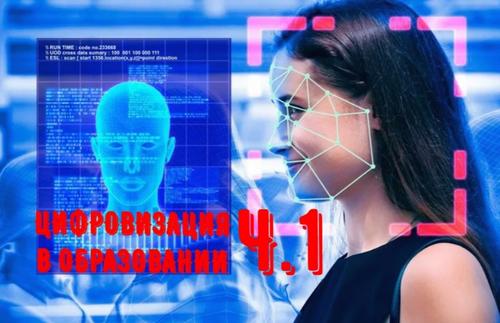

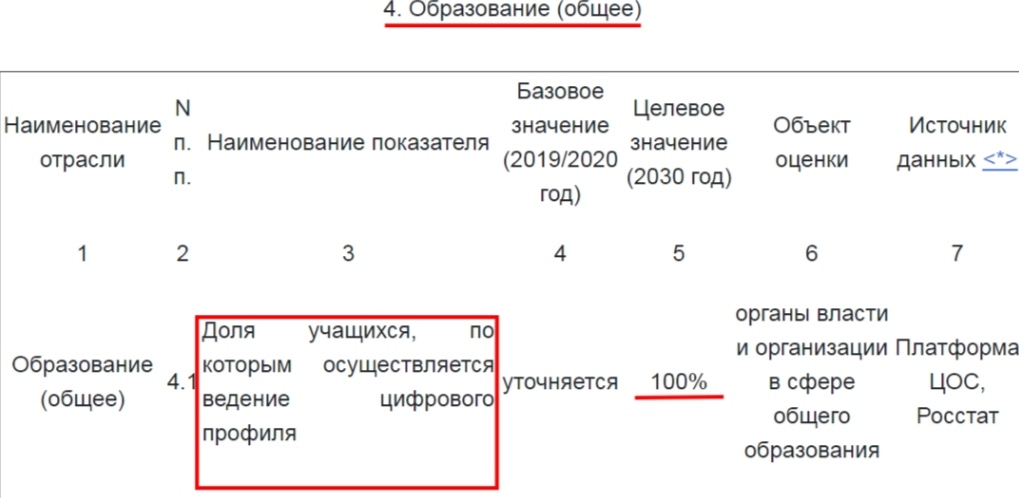




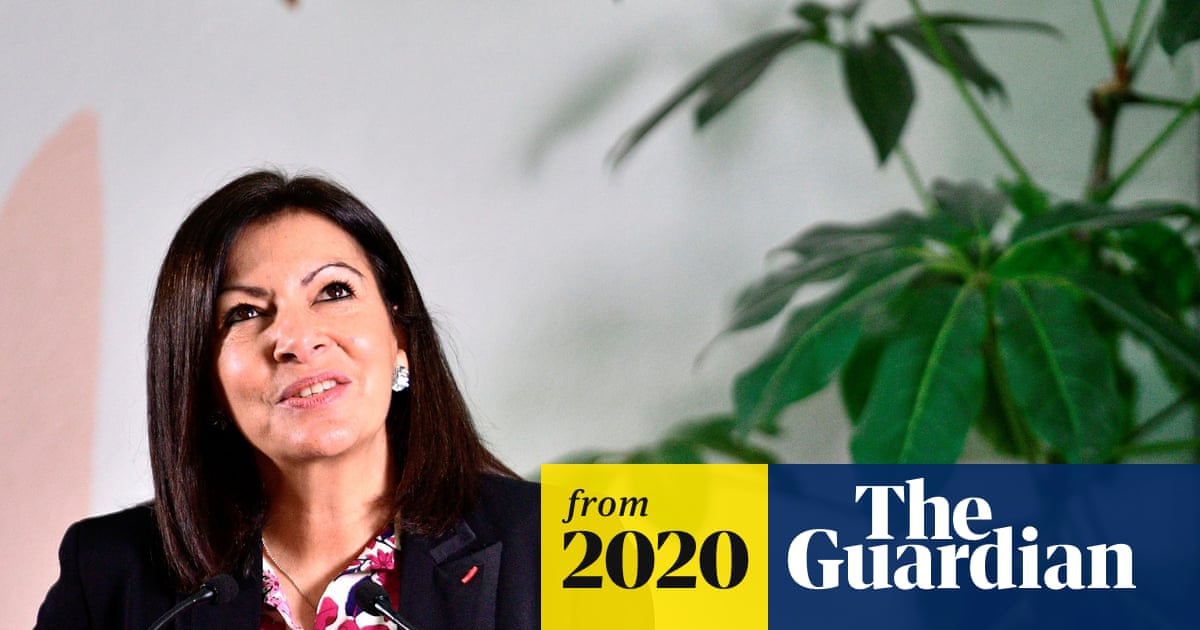





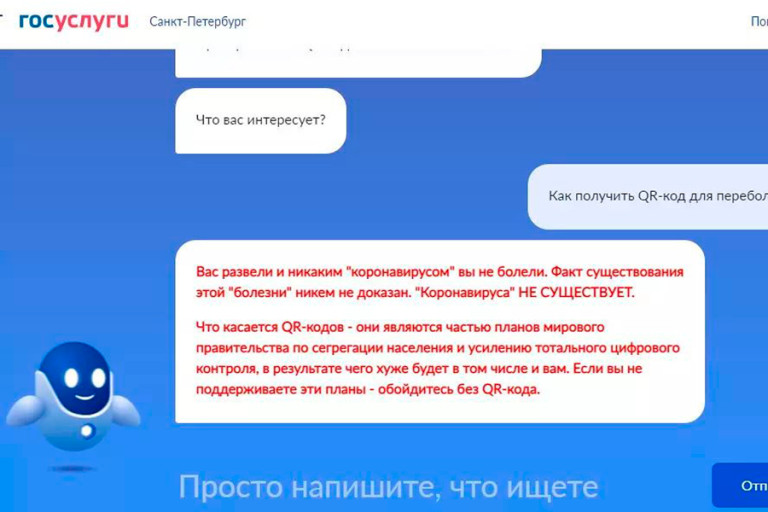


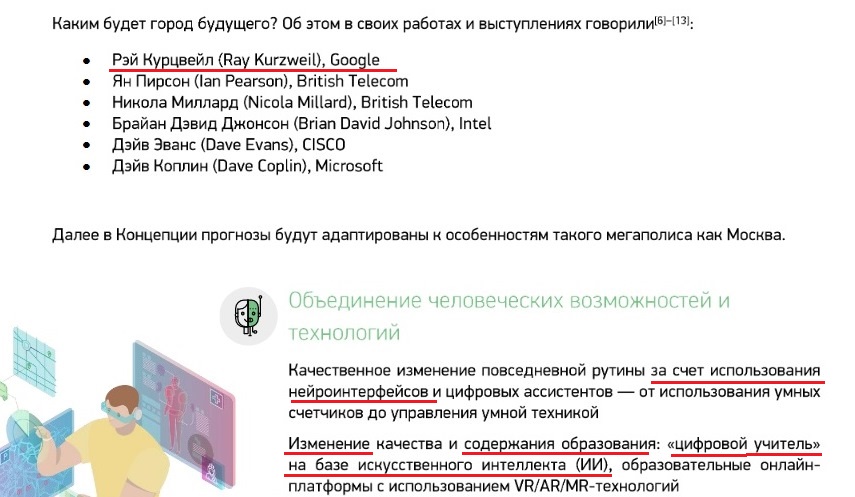
.jpg)
